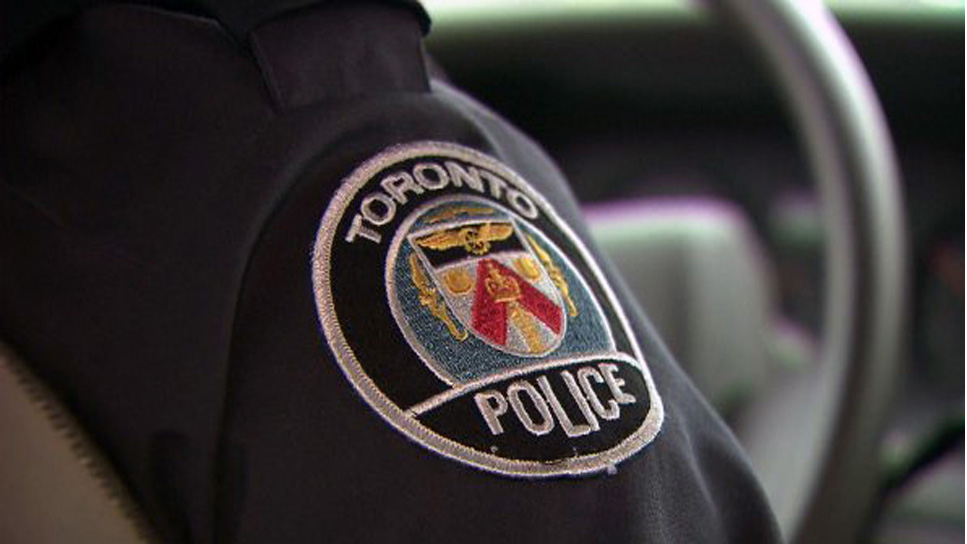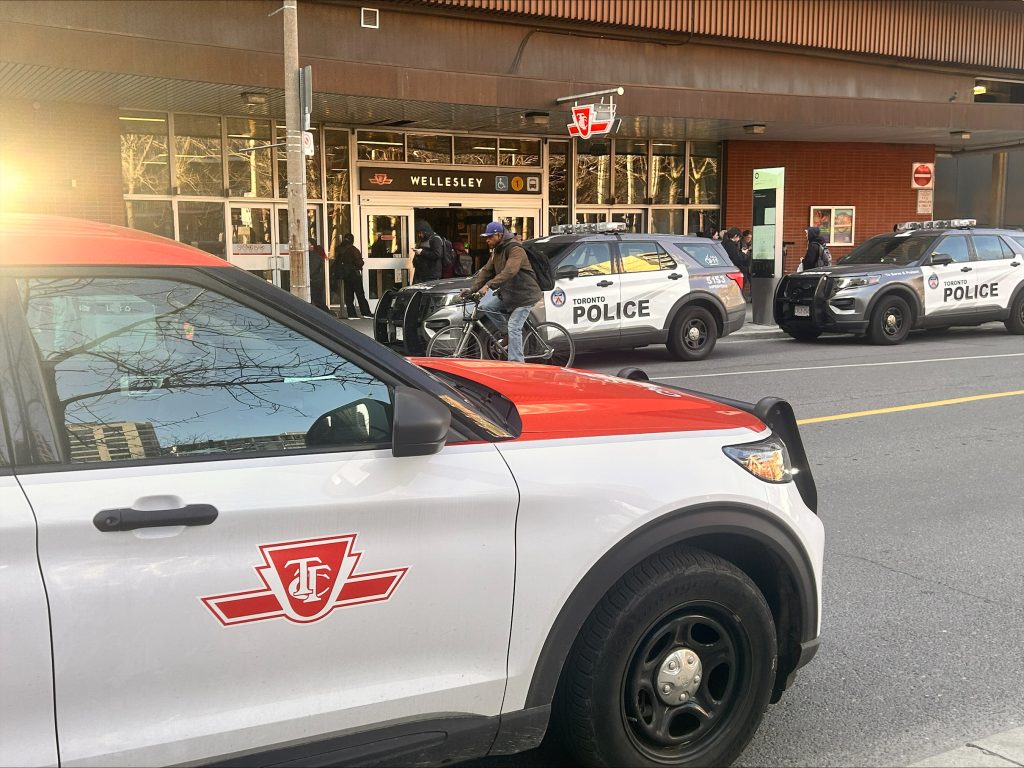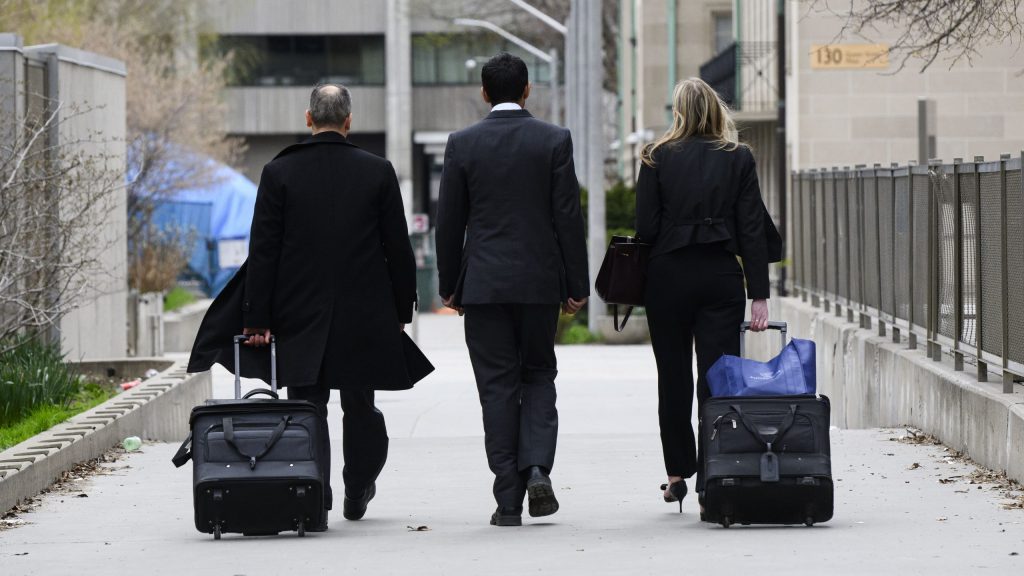RCMP apologize for not catching serial killer Pickton sooner
Posted January 27, 2012 3:00 pm.
This article is more than 5 years old.
Decades after women started to go missing from Vancouver’s Downtown Eastside, the RCMP has apologized for not doing more to find the killer.
Assistant Commissioner Craig Callens told a news conference Friday he wanted to tell victims’ families “how very sorry we are for their loss.”
“I apologize the RCMP did not do more,” said Callens, who became the top RCMP officer in charge of B.C. last month.
“I would be like to be very clear this morning. As the commanding officer of the RCMP in British Columbia, I believe that, in part, with the benefit of hindsight, and when measured against today’s current investigative standards and practices, the RCMP could have done more.”
The apology comes after months of testimony at a public inquiry into how the RCMP and the Vancouver Police Department handled the missing women investigation.
The inquiry has heard Pickton could have been caught sooner if both forces had taken the disappearances more seriously.
Vancouver police apologized in 2010, but the RCMP had not. Instead, Callens’ predecessor, then-deputy commissioner Gary Bass, issued a statement of regret.
Two weeks ago, the public inquiry heard from Supt. Bob Williams, who was asked to write an internal review of the investigation in 2002 in advance of a civil lawsuit and concluded no major mistakes were made.
Williams acknowledged at the inquiry that he would have done things differently had he been an officer on the case.
But when asked by Cameron Ward, lawyer for the victims’ families, if he would apologize to the victims’ families, Williams said it wasn’t his place.
He said the management of the RCMP’s unit in B.C. would have to make that decision.
Callens said Friday the testimony prompted him to make the apology.
“It came to my attention that during the examination of an RCMP witness. . . counsel raised the issue of an RCMP apology. It is apparent to me the issue of an apology remains in question.”
He said the force looks forward to getting meaningful information from the inquiry, but he said he felt an apology was in order now, rather than waiting until the end of the inquiry.
Callens says the RCMP’s investigation practices have improved since 1998.










